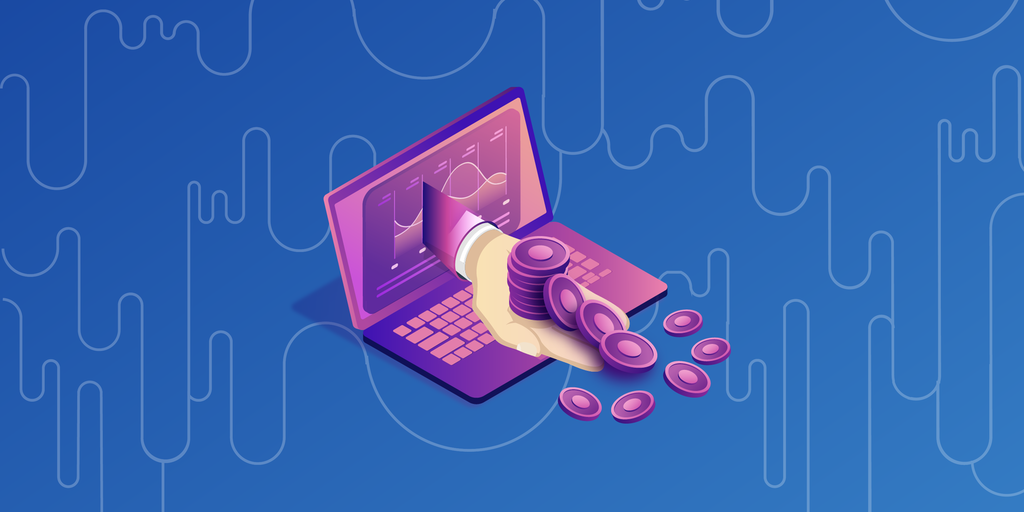According to Gates, artificial intelligence will help to shorten the working week in the future and give people more time for leisure. The entrepreneur emphasises the benefits of AI, but is also cautiously optimistic about the risks and difficulties it could bring.
- Bill Gates claims that artificial intelligence will open the door to a three-day working week.
- Gates also spoke about the use of artificial intelligence in healthcare and education.
- Gates developed a love of technology at the age of 13.
In a recent podcast interview with South African comedian Trevor Noah, Microsoft co-founder and philanthropist Bill Gates expressed optimism about the future of work, saying that artificial intelligence (AI) will open the door to the three-day week.
Technology will change work, but not replace it
Speaking to Noah on the “What Now” podcast,” Gates emphasised that while technology is developing rapidly, it will not replace humans, but change them forever.
In response to fears that artificial intelligence could replace workers, he said that a slow change, supported by appropriate government measures, could lead to a society in which less manual labour is generally required. If a society were to emerge in which people only had to work three days a week, that would probably be fine.
An automated world
In his 45-minute speech, Gates emphasised the benefits of artificial intelligence and imagined a society in which machines take over tasks such as food production. He enthused about how artificial intelligence can improve productivity in many industries, such as testing, programming and healthcare.
Gates, who has spoken out about the dangers of artificial intelligence in the past, referred to topics such as disinformation, deepfakes, security risks, changes in the labour market and the impact on education.
In a blog post in July, he compared the impact of artificial intelligence to the invention of the personal computer and emphasised that both companies and employees need to adapt.
At the time, he said it was unlikely that artificial intelligence would have as profound an impact as the industrial revolution, but it would undoubtedly have as big an impact as the invention of the personal computer. Word processing programmes have not abolished office work, but they have changed it considerably.
AI as a stimulus to think about life outside the professional sphere
The 68-year-old businessman believes that artificial intelligence will play a role in promoting work-life balance in the future. Gates is convinced that the future of artificial intelligence is neither as bleak as some think, nor as rosy as others believe. While there are risks associated with AI, he believes that society can manage these risks.
Looking back on his own journey from Microsoft to his current ventures in artificial intelligence and healthcare, Gates emphasises how his mindset has changed over time. Having grown up as a “mono-maniac” at Microsoft, he now realises that life is more than just work.
Gates also spoke about the use of artificial intelligence in healthcare and education and emphasised how the technology can be used to reduce global inequalities. However, he warned against the misuse of artificial intelligence and pointed out problems associated with deepfakes and cyberattacks.
At the age of 13, Gates fell in love with computers
When the subject of his early years came up, Gates recounted how he first came into contact with computers at the age of 13 and how he developed a love for technology. He recounted a teacher’s costly mistake with a part-time computer and pointed out the difficulties encountered in the early days of computing.





